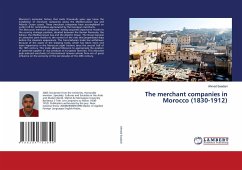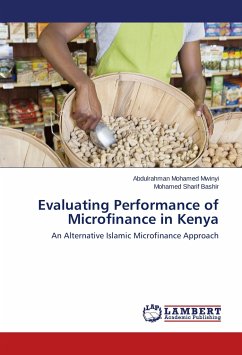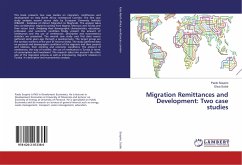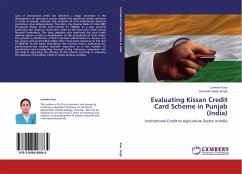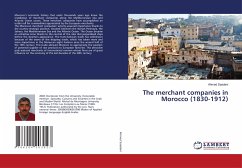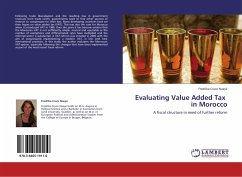
Evaluating Value Added Tax in Morocco
A fiscal structure in need of further reform
Versandkostenfrei!
Versandfertig in 6-10 Tagen
32,99 €
inkl. MwSt.

PAYBACK Punkte
16 °P sammeln!
Following trade liberalisation and the resulting loss in government revenues from trade tariffs, governments need to find other sources of revenue to compensate for their loss. Many developing countries have set their hopes on value added tax (VAT). This was also the case for Morocco when it introduced VAT in 1986. Over the years it has become evident that the Moroccan VAT is not sufficiently simple, neutral and equitable as the number of exemptions and differentiated rates have multiplied and the informal sector is substantial. A VAT-reform was initiated in 2005 with the aim of progressively ...
Following trade liberalisation and the resulting loss in government revenues from trade tariffs, governments need to find other sources of revenue to compensate for their loss. Many developing countries have set their hopes on value added tax (VAT). This was also the case for Morocco when it introduced VAT in 1986. Over the years it has become evident that the Moroccan VAT is not sufficiently simple, neutral and equitable as the number of exemptions and differentiated rates have multiplied and the informal sector is substantial. A VAT-reform was initiated in 2005 with the aim of progressively implementing a modern VAT, in line with best international practices. In this study, the author evaluates the Moroccan VAT-system, especially following the changes that have been implemented as part of the most recent fiscal reform.




